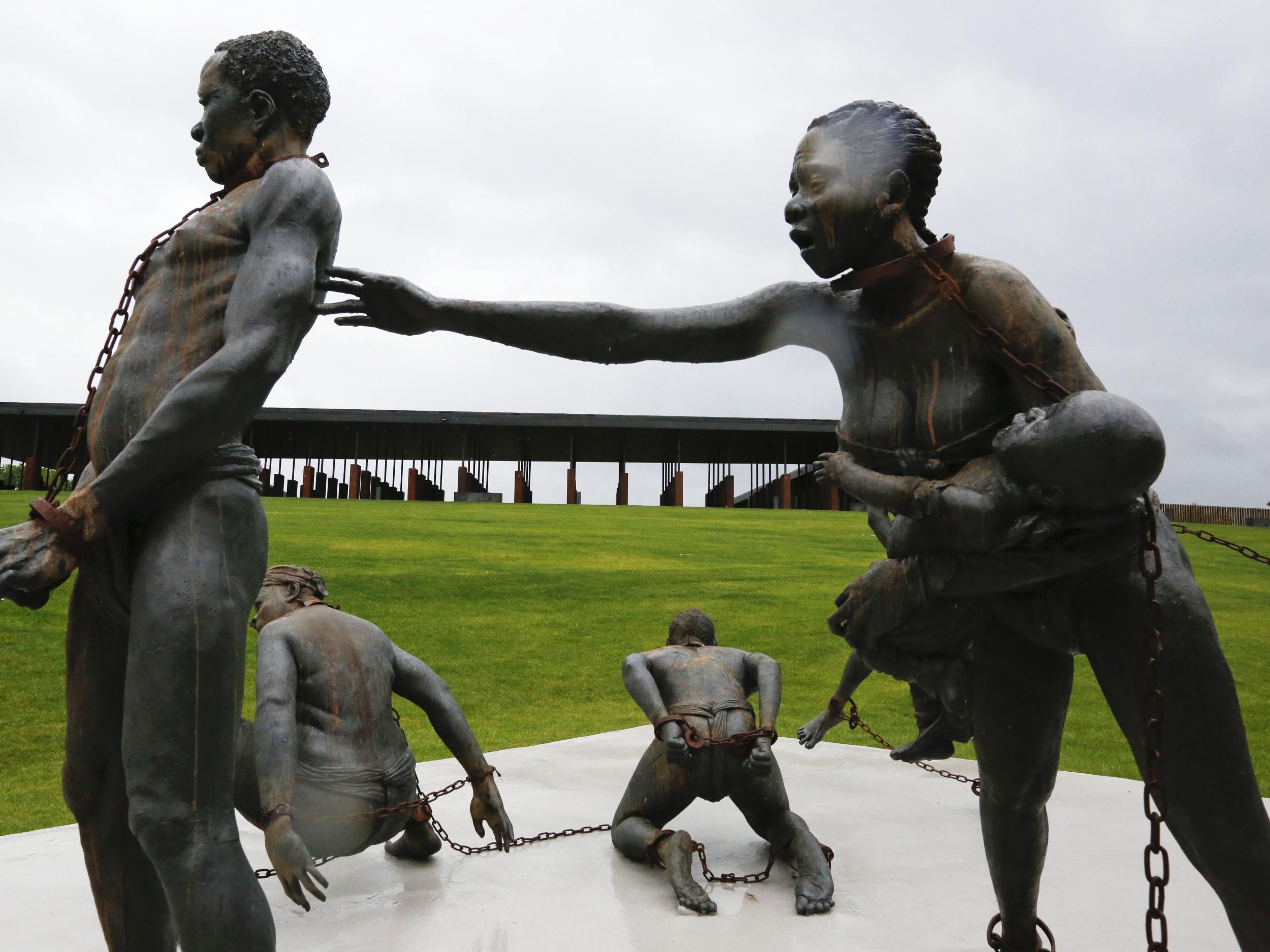Anti-lynching law passes in Senate after 100 years of failed attempts
Bill passes unanimously via voice vote

Your support helps us to tell the story
From reproductive rights to climate change to Big Tech, The Independent is on the ground when the story is developing. Whether it's investigating the financials of Elon Musk's pro-Trump PAC or producing our latest documentary, 'The A Word', which shines a light on the American women fighting for reproductive rights, we know how important it is to parse out the facts from the messaging.
At such a critical moment in US history, we need reporters on the ground. Your donation allows us to keep sending journalists to speak to both sides of the story.
The Independent is trusted by Americans across the entire political spectrum. And unlike many other quality news outlets, we choose not to lock Americans out of our reporting and analysis with paywalls. We believe quality journalism should be available to everyone, paid for by those who can afford it.
Your support makes all the difference.After a century of failed attempts, the US Senate has finally passed legislation that would make lynching a federal crime.
Congress passed The Justice for Victims of Lynching Act unanimously on Wednesday. Lynching is defined as when a mob of people attack and kill an individual without due process.
Under the bill, lynching could be punished by a sentence of up to life in prison. That would be additional charge that would sit alongside a murder charge.
The new bill was a bipartisan effort introduced in June by three black senators, Democrats Kamala Harris and Cory Booker and Republican Tim Scott. Similar bills have been introduced to Congress roughly 200 times, starting a century ago, and until now, the bills have always failed. The new law recognises the history of lynching and the lack of legal action taken against perpetrators in the past.
The text of the bill also says “An apology offered in the spirit of true repentance moves the United States toward reconciliation and may become central to a new understanding, on which improved racial relations can be forged.”
Lynching reached its peak in the United States between 1882 and 1968, when, according to the National Association for the Advancement of Colored People (NAACP), there were 4,742 reports of people being lynched.
“Lynching is a dark and despicable aspect of our nation’s history,” Ms Harris tweeted after the vote. “We must acknowledge that fact lest we repeat it.”
A corresponding bill in the House of Representatives was also introduced in June and remains in committee.
With a new session of Congress set to be seated in January, it is likely both bills will need to be re-introduced.
Lynching took place primarily in the south, and mostly against black men. The NAACP was formed largely in response to lynching.
The law specifically addresses the anti-black history of lynching, but also extends acknowledgement and protection to other marginalized groups. The bill specifically addresses “offenses involving actual or perceived religion, national origin, gender, sexual orientation, gender identity, [and] disability.”
Join our commenting forum
Join thought-provoking conversations, follow other Independent readers and see their replies
2Comments